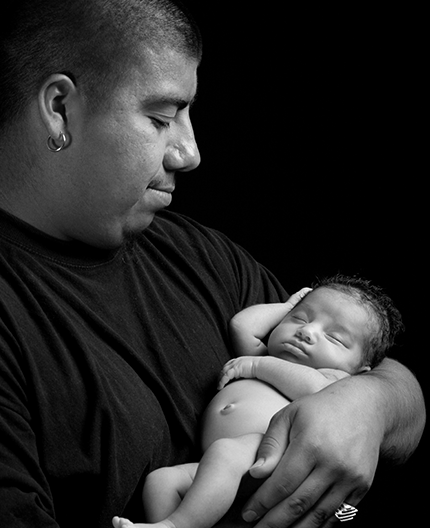
In my work on the Board of Directors of the non-profit Adoptions With Love, I came across a father’s letter to his adopted son on his adoption day. The letter is filled with emotions–love, appreciation, gratitude– expressed directly. The letter will be part of the father’s legacy to his son, left for a later day when his son, Ben, can appreciate it.
Another father, standing with his wife watching his son sleep, told her to find a new father for his son if illness or accident should take his life. An act of pure love—putting concern for his son over his self-interest in being the only man in the boy’s life.
Research shows that men are most vulnerable at the time of the birth of their infants. These two men are examples. Our own research confirms that fathers want to be involved in their infants’ lives and that they want to learn how to understand the emotions of their babies. Fathers are becoming front-line caretakers for their children, some because they want to and some because they need to when their wives and partners are working.
Catherine Dulac, MD, a Harvard researcher has shown that male mice have the same neural circuits utilized for parenting as female mice.The circuit can be turned on or off based on its use. Her conclusion? Men are just as capable as women of being nurturing caregivers.
Based on the research and the words of the two men above, we can be assured that they will be emotionally engaged with their infants and then their boys for a lifetime!


